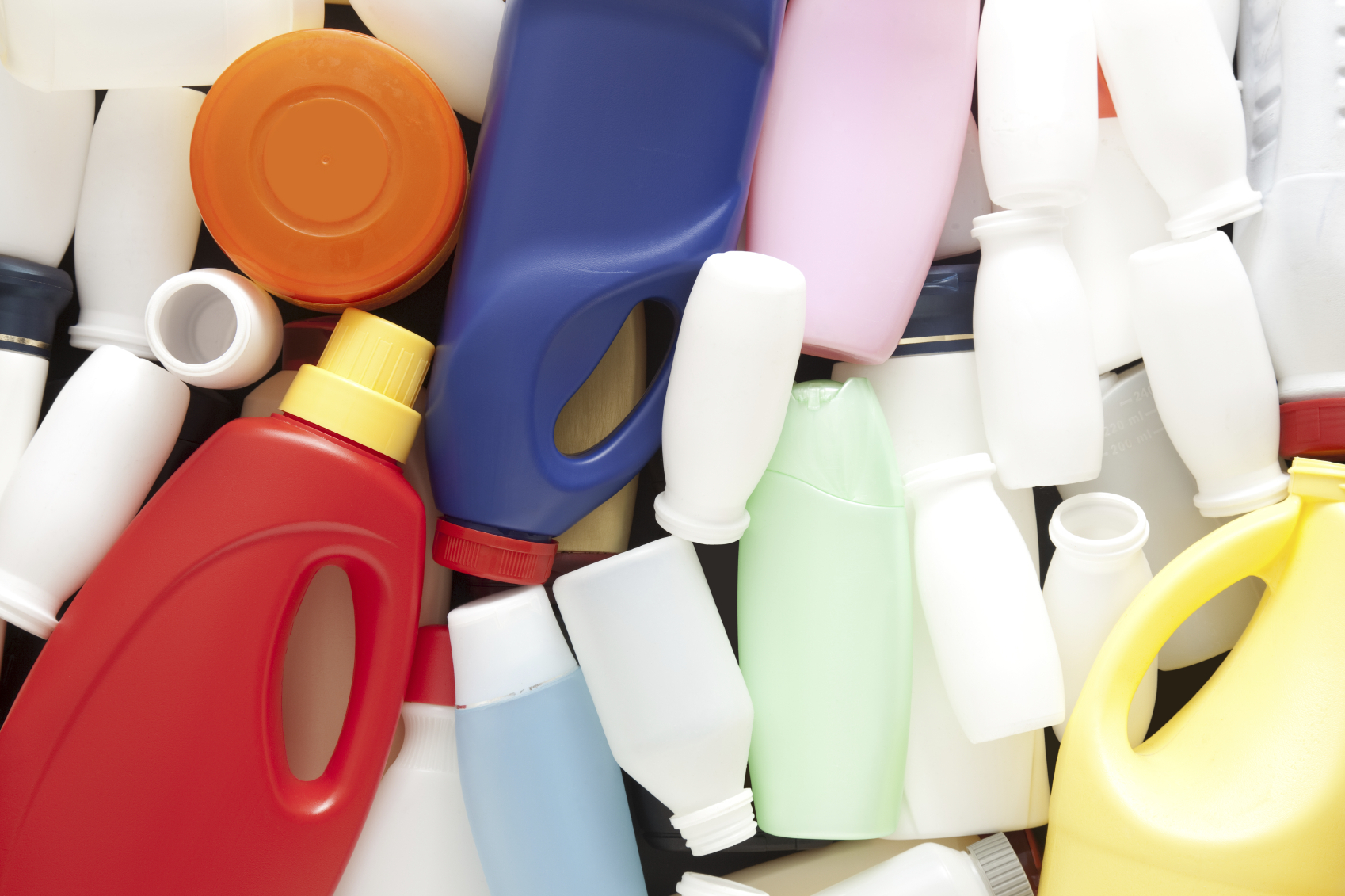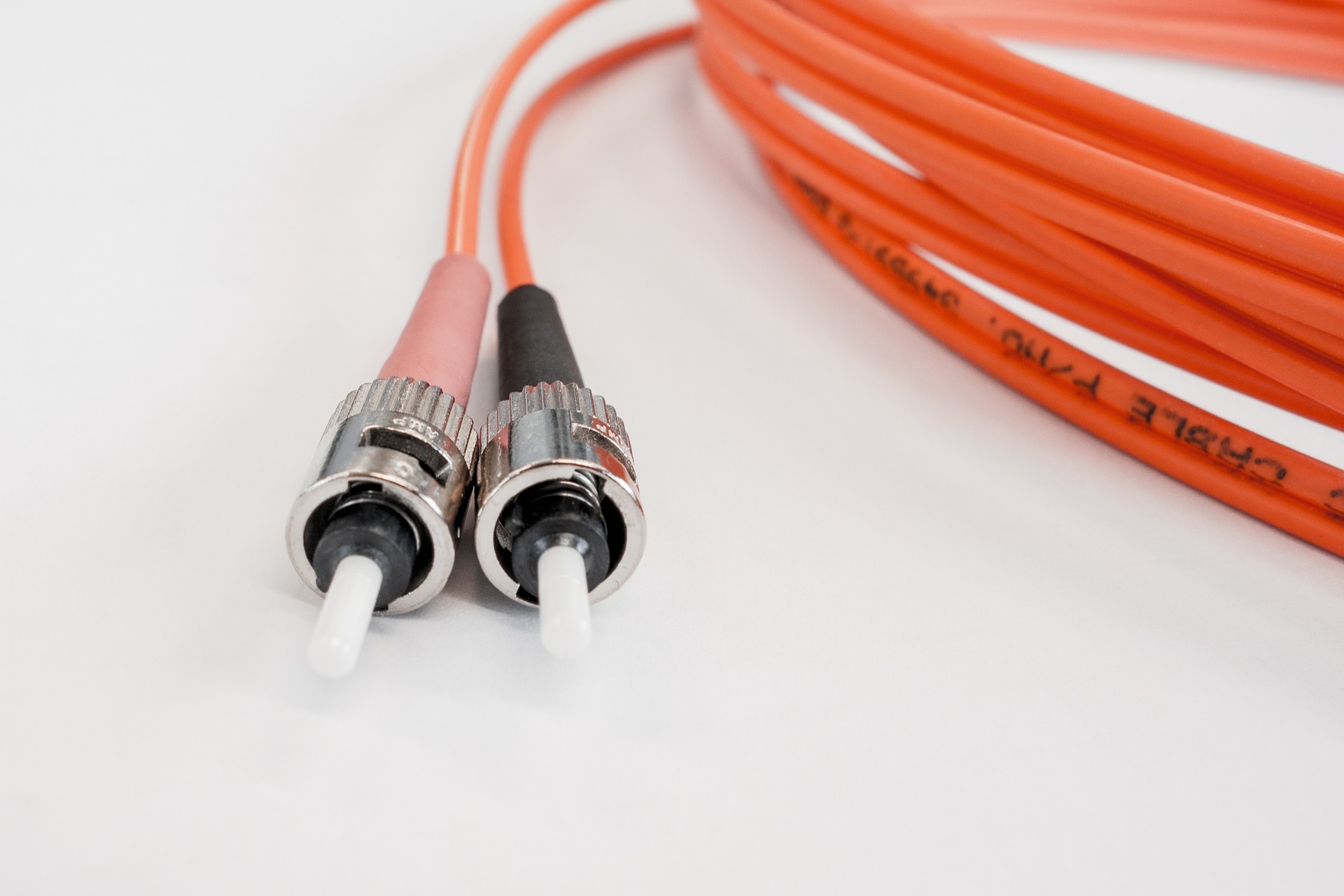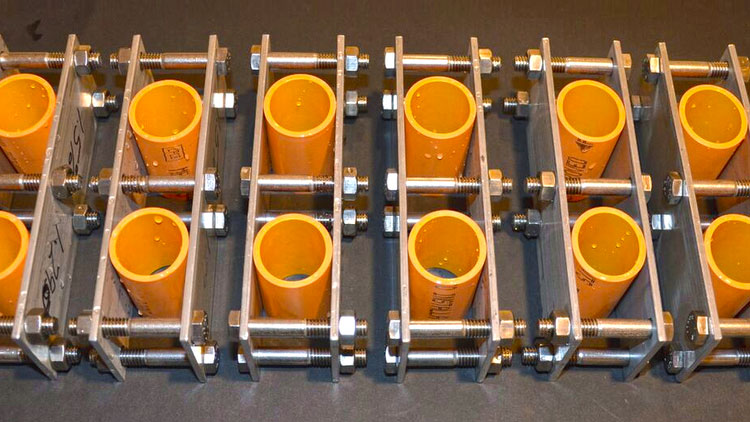Prediction of Service Life for Plastic Parts
Dr. Duane Priddy, Plastic Expert Group
1 min read
Plastic Expert : Jan 7, 2019 1:07:30 PM

Plastic parts undergo both chemical and physical aging during their use. The prudent plastic part manufacturer seeks to demonstrate the useful life of their product in order to determine an appropriate warranty period. Of course, running laboratory tests that last several years to gain lifetime expectancy data is not useful. Therefore there is a need to develop accelerated laboratory testing methods that reliably can predict the useful life of plastic parts. In general, accelerated aging is a well-established science and has been used successfully to predict performance in a wide variety of plastics and aging conditions. There are conditions and situations that can lead to erroneous results, but these are generally known. This underlines the importance of a Materials Science evaluation of the polymer and aging conditions, coupled with knowledge of the chemistry of polymer degradation and its associated kinetics. When this type of analysis is done prior to developing the experimental protocol, the results of laboratory accelerated aging studies are reliable.
With regard to the industry standard for accelerated aging of plastic parts, the Q10 protocol,1 we believe it is a reasonable approach. With multiple materials and fabrication techniques, such as molding, extruding, bonding, etc., it would be very difficult to know the weakest component a priori and develop kinetics for its degradation. However, understanding the underlying Material Science of the polymers involved is still a critical step to be sure the accelerated testing is reasonable.
The properties of plastic parts gradually change over time. This change is due to two types of processes; i.e., physical aging and chemical aging. Fabricated plastic parts age physically when they are fabricated into parts above their glass transition temperatures (Tg) and then quickly cooled below their Tg resulting in molded-in stresses; e.g., polymer chain orientation and mold over-packing). Physical aging results from the natural driving force for plastics is to achieve their natural thermodynamic equilibrium (relaxed) state. The rate that the polymer chains can move in order to go back to their natural thermodynamic equilibrium state is very slow. However, given enough time (generally decades), they will eventually relax to achieve equilibrium. The mechanical properties of plastics can change quite dramatically as they physically age. Bisphenol A polycarbonate (“bullet-proof glass”) is probably the most extreme example.2 As it physically ages it loses its free volume and becomes denser than the polymer molecules…

Dr. Duane Priddy, Plastic Expert Group

The product shown below is an inspection light using the principles of illumination fiber optics to disperse high-intensity light in a 360-degree...

By Dr. Duane Priddy, Plastic Failure Labs Download PDF